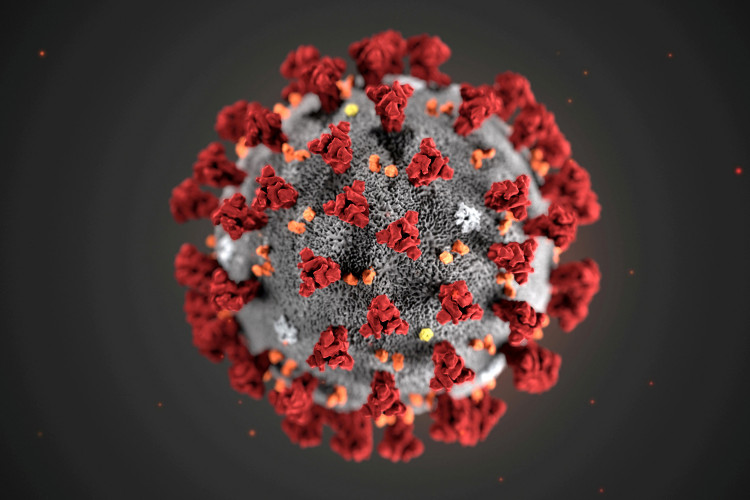The Wuhan coronavirus has killed over a thousand people in China and as the race for a vaccine heightens, the rise of potential "super-spreaders" shook the medical circle over the past few days.
What is a "Super-Spreader?"
A coronavirus super-spreader is a single patient who can transmit the infection to multiple people, as some media outlets have suggested.
According to CNN, some experts believe it may not be appropriate to pinpoint the movement of a virus as fast-spreading as the Wuhan strain to a single person.
Speaking to the outlet, infectious disease expert at the University of Edinburg Mark Woolhouse due to the lack of clarity on the specific number of people a super-spreader can infect. There also other aspects to consider when determining a super-spreader, Woolhouse explained.
In simpler terms, a super-spreader has the capacity to spread an infection at a higher efficiency rate than the usual person.
A Look inside the Travels of a Potential Super-Spreader
Steve Walsh, a British national, traveled to Singapore in late January to attend a conference at the Grand Hyatt hotel. The said event was hosted by gas analysis firm Servomex. After the said conference, Walsh traveled to the Contamines-Montjoie ski chalet in France.
France announced over the weekend that five new coronavirus patients were British nationals, who were all believed to have come in contact with a citizen from the United Kingdom. The said British national traveled to Singapore before vacationing at French ski resort.
According to BBC, five of the other coronavirus patients who are believed to also have been in contact with Walsh are in England, and one of the cases is in Spain.
Servomex, the company where Walsh works at, has since confirmed that "a limited number of its employees in different countries" tested positive of the Wuhan coronavirus but are receiving treatment.
Reported "Super-Spreader" Speaks Out
For the first time since he tested positive of the new coronavirus on February 6, Walsh has spoken up about his life under quarantine.
According to The Independent, Walsh said from his quarantine room at the St. Thomas' Hospital in London that while he has "fully recovered" from the disease, his thoughts go out to others who were infected.
Walsh noted that soon as he found out he may have been exposed to the infection, he immediately sought medical advice. At that time, Walsh said he did not show any symptoms but self-isolated himself.
When the test results from his voluntary testing came out and he was confirmed to have contracted the coronavirus, he submitted to being isolated at a hospital unit. His family members have also been told to isolate themselves as a precautionary measure.
Webasto Reopens Munich Headquarters After Suspected "Super-Spreader" Case
Germany's Webasto, an auto components supplier, said it will restart operations at its Munich headquarters. The news came following fears that another super-spreader case took place at the company.
Webasto said on Tuesday that it has disinfected and cleaned up all spaces inside the headquarters, including workspaces, kitchen facilities, meeting areas, and sanitary cubicles to ensure the safety of all employees who will get back to work this week, Reuters reported.
The company halted operations on its headquarters near Munich after eight employees contracted the Wuhan coronavirus who were in contact with a Chinese employee from Shanghai who was the first Webasto worker to have tested positive of the infection.
How Does a Super-Spreader's Infection Process Work?
Researchers and medical experts are still looking into the possible factors that make a person a super-spreader. On the other hand, some experts believe the following factors may affect the process through which others contract the disease from a single carrier.
Speaking with CNBC's Make It, dean of New York Medical College's School of Health Sciences and Practice Robert Amler noted that one of the factors in consideration is the "places" that super-spreaders visit.
Amler explained that a coronavirus-infected person who often goes to crowded areas have a bigger chance of spreading the virus to a larger number of people.
Aside from the "place" factor, a patient who has a weaker immune system or someone who does not recover quickly from viruses has higher tendencies of spreading the infection for a longer period.





